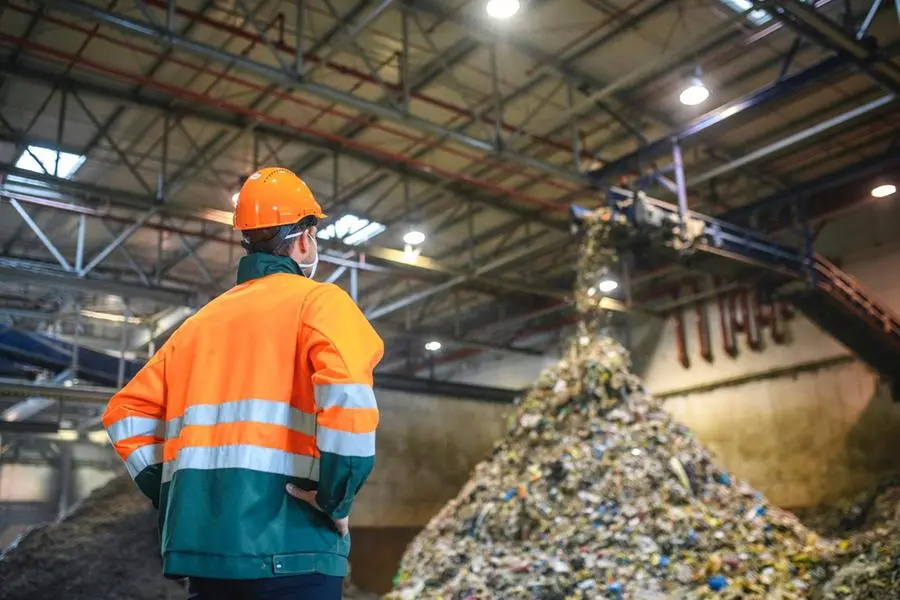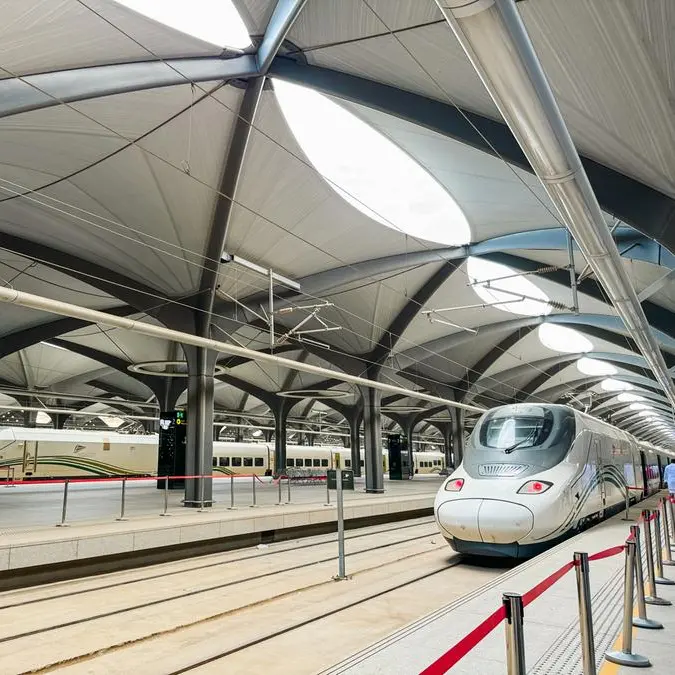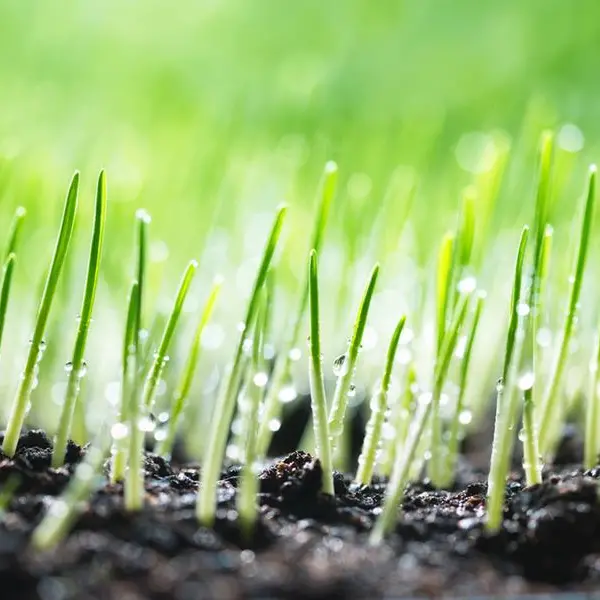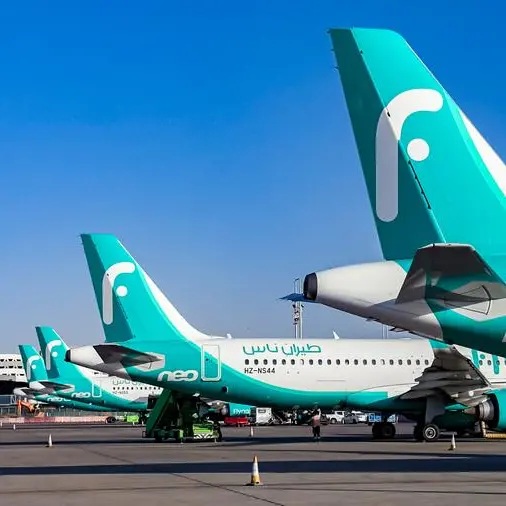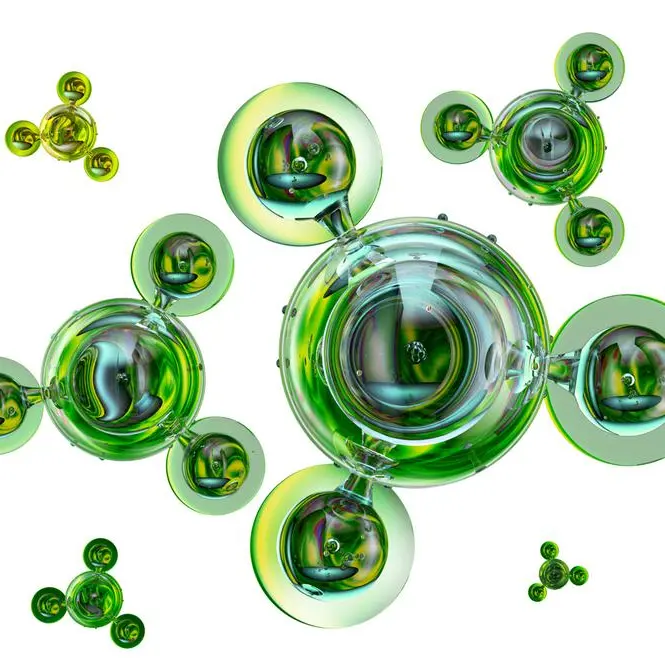PHOTO
AMMAN — Approximately 10,000 tonnes of solid waste is produced in 20 dumpsites across the Kingdom every day, according to the Secretary General of the Ministry of Environment, Mohammad Khashashneh.
On average, one person in Jordan produces between 0.9 and 1kg of waste per day, with cities producing more waste than villages, Khashashneh noted.
“The amount of waste produced depends on each city’s population. In Amman, 4,000 tonnes of solid waste is produced per day,” Kashashneh told The Jordan Times.
He indicated the waste is sorted, with commercial sector (malls and shops) waste such as paper and cardboard being relegated to a different category.
“Ten per cent of the waste generated does not go to dumpsites, as the sorted waste is either sorted correctly or informally by waste collectors, who collect 5 to 7 per cent of the volume of waste. Three per cent is sorted correctly,” Kashashneh said.
The Ghabawi dumpsite is the largest in the Kingdom, he said, noting that it receives 40 to 45 per cent of the volume of Jordan’s waste. The second largest is the Ekidar dumpsite, located in the north, which serves Irbid and Mafraq.
“Both dumpsites are engineering dumps where waste is buried properly in lined cells, so that the leachate [highly contaminated liquid] produced from waste does not seep into the external environment,” Kashashneh added.
The Mafraq, Karak and Balqa dumpsites are being rennovated to become engineering dumps as well, he said.
“Within the new strategy, only eight dumpsites will remain, while the rest will become transfer stations. The Balqa dumpsite will turn into a transfer station in which waste is collected, sorted and transported to other dumpsites to be treated. This is being applied on the ground in several dumpsites in the north,” Khashashneh continued.
He emphasised that the existing quantity of dumpsites is sufficient for the Kingdom.
According to Kashashneh, about five megawatts of electricity is generated from bio-gas, which is collected from old cells at the Ghabawi dumpsite. This figure meets half of the Amman municipality’s electricity demand.
“This is supposed to be implemented in the other dumpsites too, but it takes time. It is part of the Global Methane pledge, which aims to reduce global methane emissions by at least 30 per cent by 2030,” he added.
Kashashneh said that there is a national programme for electrical waste management managed in cooperation with UNDP, which will establish five collection centres for electrical waste: Two in the capital, one in Zarqa, one in Irbid and one in Aqaba.
“Part of the electrical waste is exported, as there are companies established to collect this kind of waste. We encourage this type of business, to benefit from the waste content within the requirements issued by the Ministry of Environment and international pledges to deal with climate change,” Kashashneh said.
© Copyright The Jordan Times. All rights reserved. Provided by SyndiGate Media Inc. (Syndigate.info).
